25 Easy Home Remedies for a Thriving Gut Microbiome
In today’s health-conscious world, few topics have gained more traction—and for good reason—than gut health. Once overlooked, your gut is now recognized as a major player in everything from immunity to mood and energy levels. Often called the “second brain,” the gut is home to trillions of microbes that influence not only digestion, but also how we feel, think, and function every day. A thriving microbiome can mean fewer sick days, better focus, and even a happier outlook on life. But modern living—think stress, processed foods, poor sleep, and antibiotics—can throw this delicate system out of balance. That’s why we’ve expanded our list to 25 easy, effective home remedies designed to support, restore, and strengthen your gut health naturally. From pantry staples to mindful habits, these powerful tips will help you create a healthier microbiome and unlock a new level of wellness from the inside out. Let’s get your gut back on track.
1. The Role of Probiotics in Gut Health

Probiotics are live bacteria and yeasts that provide numerous health benefits, especially for the digestive system. They are often referred to as "good" or "friendly" bacteria because they help maintain a healthy gut environment. Probiotics work by balancing the gut microbiome, enhancing the immune system, and preventing the growth of harmful bacteria. Incorporating probiotic-rich foods like yogurt, kefir, sauerkraut, and kimchi into your diet can significantly improve gut health. These foods not only introduce beneficial bacteria but also help in the production of short-chain fatty acids, which are vital for gut lining integrity. Regular consumption of probiotics can reduce symptoms of irritable bowel syndrome (IBS), boost immunity, and even improve mood by influencing the gut-brain axis.
2. Prebiotics: The Fuel for Your Microbiome
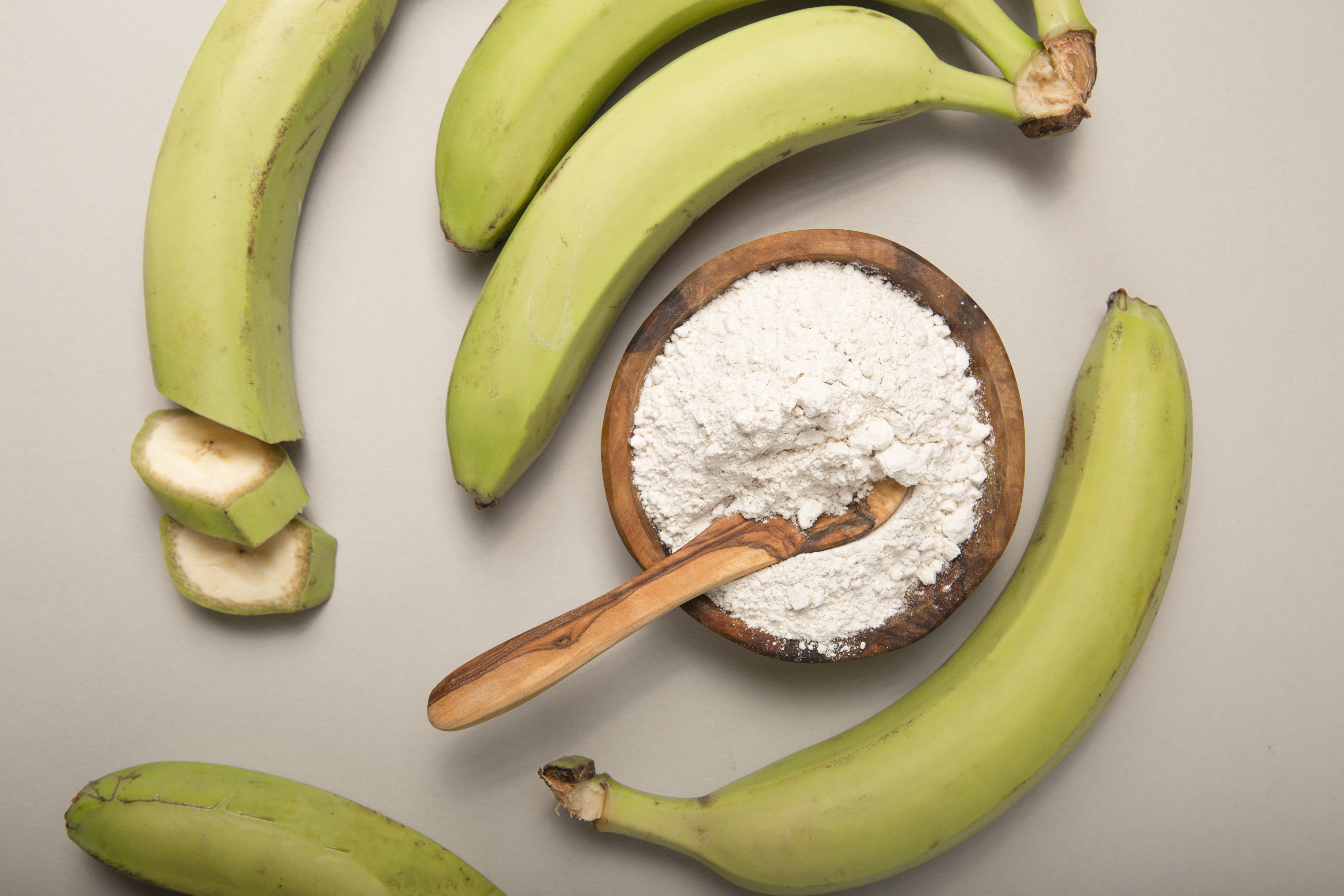
While probiotics introduce beneficial bacteria into the gut, prebiotics serve as their food source. Prebiotics are non-digestible fibers found in foods like garlic, onions, bananas, and asparagus. They travel through the digestive tract to the colon, where they are fermented by the gut microbiota. This fermentation process produces short-chain fatty acids that nourish colon cells and promote a healthy gut environment. A diet rich in prebiotics supports the growth and activity of beneficial bacteria, enhancing their ability to outcompete harmful pathogens. By incorporating prebiotic-rich foods into your diet, you create a hospitable environment for probiotics to thrive, ensuring a balanced and resilient microbiome.
3. The Importance of Fiber in Digestive Health
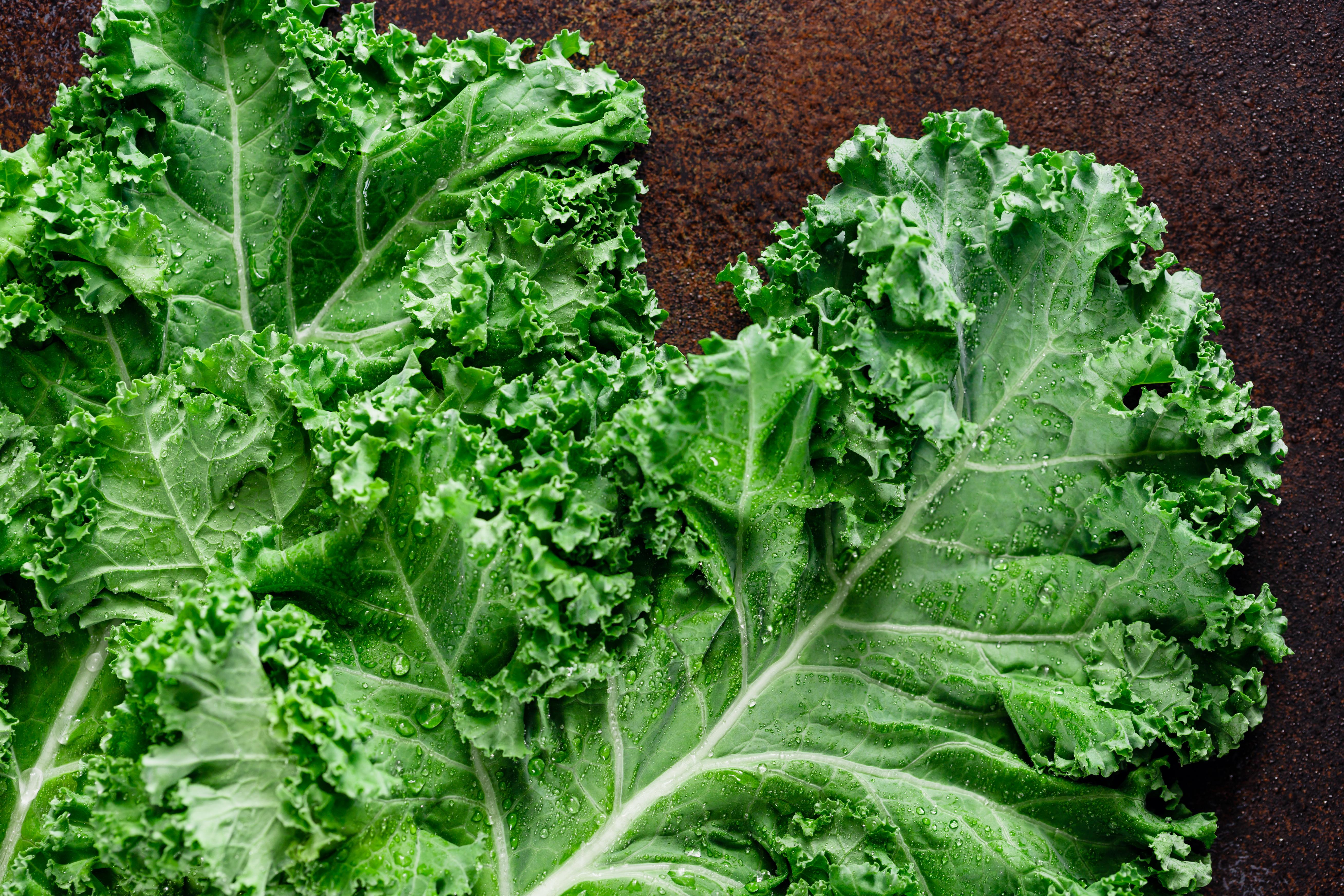
Dietary fiber is a crucial component of a gut-friendly diet. It adds bulk to the stool, facilitating regular bowel movements and preventing constipation. Fiber is found in fruits, vegetables, whole grains, and legumes, and it comes in two forms: soluble and insoluble. Soluble fiber dissolves in water, forming a gel-like substance that slows digestion, while insoluble fiber adds bulk to the stool, promoting movement through the digestive tract. A diet high in fiber not only supports digestive health but also lowers the risk of developing conditions like diverticulitis and colorectal cancer. Additionally, fiber acts as a prebiotic, feeding beneficial gut bacteria and promoting a balanced microbiome.
4. Hydration: The Unsung Hero of Gut Wellness

Adequate hydration is often overlooked in discussions about gut health, yet it plays a vital role in maintaining a healthy digestive system. Water aids in breaking down food, allowing nutrients to be absorbed efficiently. It also helps soften stool, preventing constipation and promoting regular bowel movements. Staying hydrated supports the mucosal lining of the intestines, creating a barrier against harmful bacteria. Moreover, water is essential for the production of digestive enzymes and gastric juices, which are crucial for nutrient absorption. Ensuring you drink enough water daily supports overall gut function and contributes to a thriving microbiome.
5. Fermented Foods: Nature’s Probiotic Powerhouses
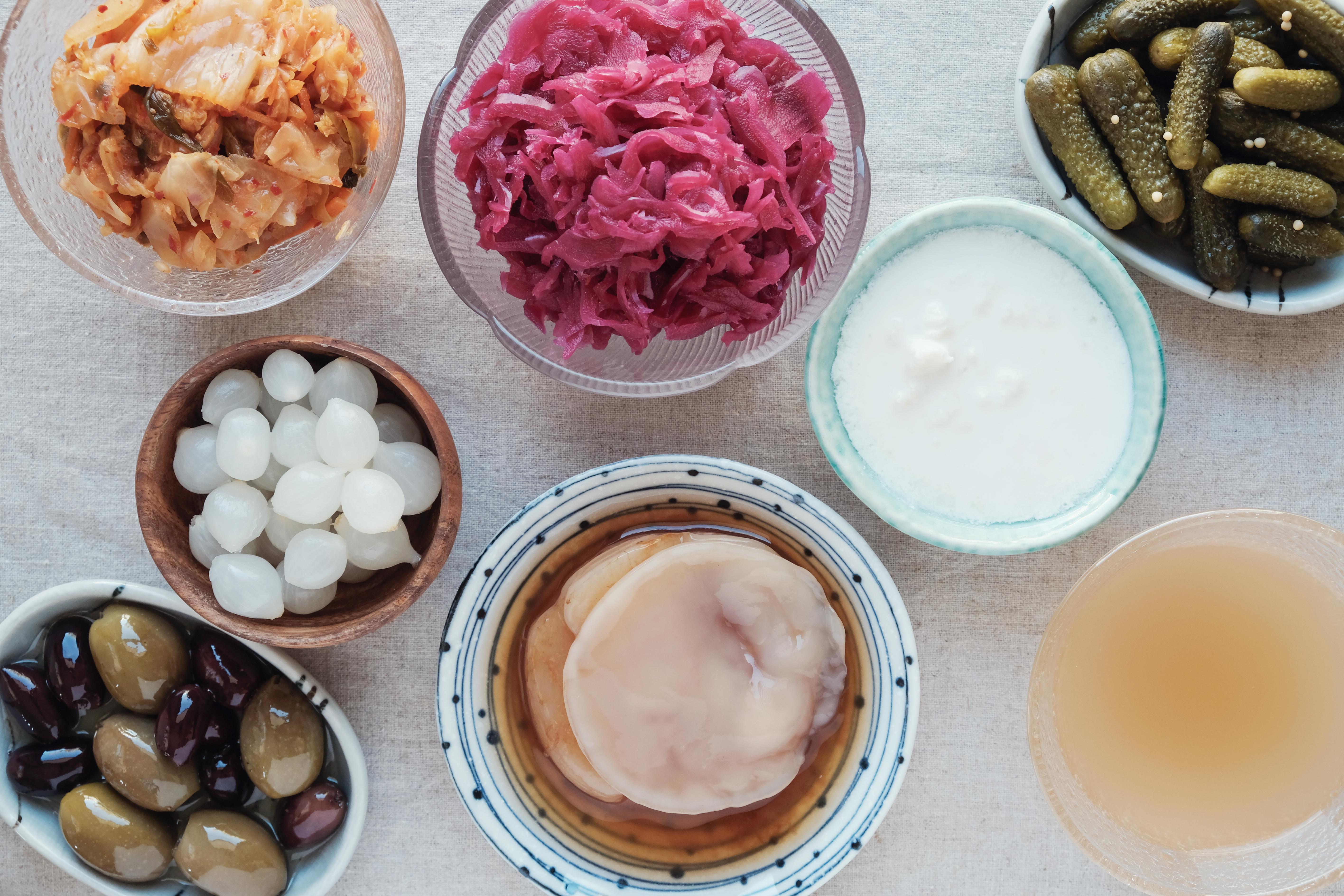
Fermented foods are rich in probiotics and have been consumed for centuries across various cultures for their health benefits. The fermentation process enhances the bioavailability of nutrients and introduces beneficial bacteria into the gut. Foods like kimchi, sauerkraut, miso, and tempeh are excellent sources of probiotics. Regular consumption of fermented foods can improve digestion, enhance nutrient absorption, and strengthen the immune system. They also help maintain the integrity of the gut lining, reducing inflammation and preventing conditions like leaky gut syndrome. Incorporating a variety of fermented foods into your diet can significantly boost your gut health and support a balanced microbiome.
6. The Impact of Stress on Gut Health

Stress is a silent disruptor of gut health, affecting both the gut microbiome and digestive function. The gut-brain axis, a bidirectional communication system between the gut and the brain, plays a crucial role in this relationship. Stress can alter gut motility, increase intestinal permeability, and disrupt the balance of gut bacteria. Chronic stress is linked to digestive disorders such as IBS, inflammatory bowel disease (IBD), and gastroesophageal reflux disease (GERD). Managing stress through practices like meditation, yoga, and deep breathing exercises can help maintain a healthy gut environment. By reducing stress levels, you support the gut-brain axis and promote a flourishing microbiome.
7. Sleep: The Restorative Power for Your Gut

Quality sleep is essential for overall health, including gut wellness. During sleep, the body undergoes repair and maintenance processes, including the regeneration of gut cells. Lack of sleep can disrupt the circadian rhythm, leading to imbalances in gut bacteria and increased intestinal permeability. This disruption can contribute to digestive issues and inflammation. Prioritizing good sleep hygiene, such as maintaining a consistent sleep schedule and creating a relaxing bedtime routine, can support gut health. Adequate rest allows the gut to perform its functions efficiently, promoting a balanced microbiome and overall well-being.
8. Mindful Eating: Enhancing Digestion Through Awareness

Mindful eating is the practice of paying full attention to the eating experience, without distractions. It involves savoring each bite, recognizing hunger and satiety cues, and appreciating the flavors and textures of food. This practice can improve digestion by promoting the release of digestive enzymes and enhancing nutrient absorption. Eating mindfully also helps prevent overeating, which can lead to digestive discomfort and weight gain. By focusing on the present moment during meals, you can strengthen the gut-brain connection, reduce stress, and support a healthy digestive system. Mindful eating is a simple yet powerful tool for enhancing gut wellness.
9. Herbal Teas: Natural Remedies for Gut Health
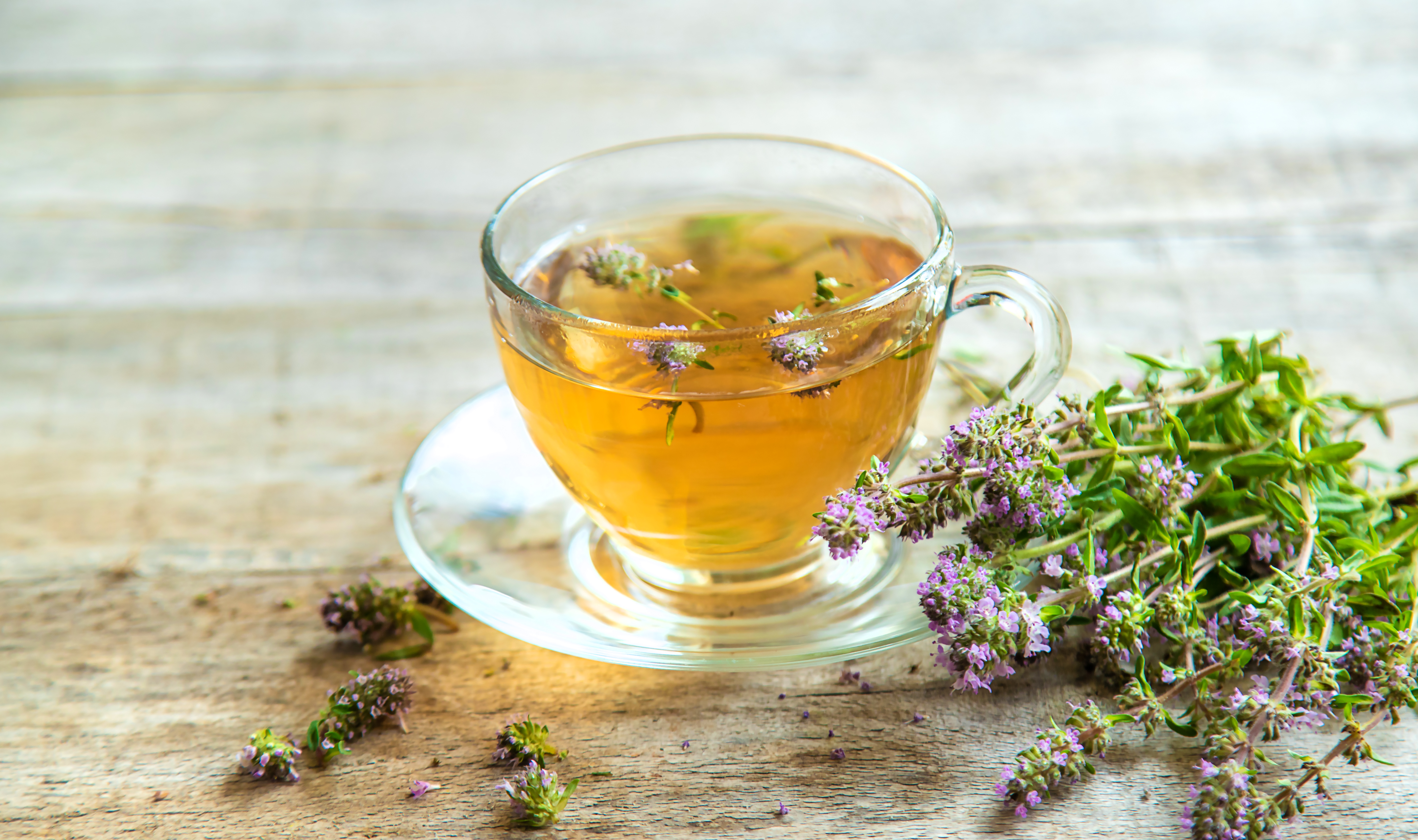
Herbal teas have long been used for their medicinal properties, including their ability to support digestive health. Teas like ginger, peppermint, and chamomile are known for their soothing effects on the digestive tract. Ginger tea can reduce nausea and improve digestion by stimulating gastric emptying. Peppermint tea relaxes the muscles of the gastrointestinal tract, alleviating symptoms of IBS and indigestion. Chamomile tea has anti-inflammatory properties that can soothe the gut lining and reduce bloating. Incorporating herbal teas into your daily routine can provide natural relief from digestive discomfort and support a balanced microbiome.
10. Omega-3 Fatty Acids: Anti-inflammatory Allies
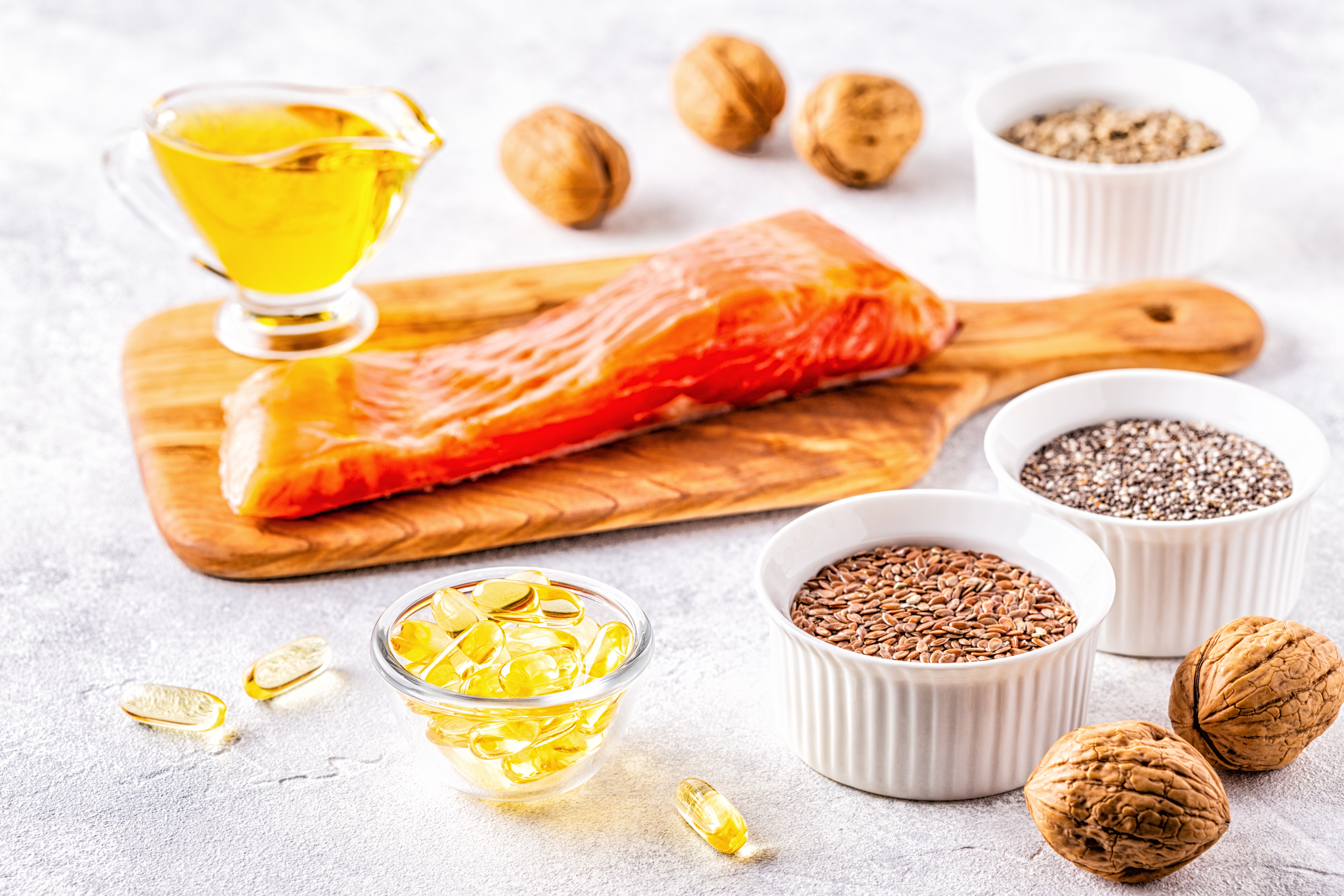
Omega-3 fatty acids are essential fats with powerful anti-inflammatory properties. They are found in fatty fish like salmon, mackerel, and sardines, as well as in flaxseeds and walnuts. Omega-3s play a crucial role in maintaining the integrity of the gut lining and reducing inflammation in the digestive tract. A diet rich in omega-3s can alleviate symptoms of inflammatory bowel diseases and promote a healthy gut environment. These fatty acids also support the growth of beneficial bacteria, contributing to a balanced microbiome. By incorporating omega-3-rich foods into your diet, you can enhance gut health and overall wellness.
11. The Gut-Brain Axis: A Two-Way Street

The gut-brain axis is a complex communication network that links the central nervous system with the enteric nervous system of the gut. This bidirectional relationship means that gut health can influence mental health and vice versa. Imbalances in the gut microbiome can affect mood, cognition, and behavior, while stress and anxiety can disrupt digestive function. Understanding the gut-brain connection highlights the importance of maintaining a healthy microbiome for mental well-being. By supporting gut health through diet, lifestyle, and stress management, you can positively impact the gut-brain axis and enhance both physical and mental health.
12. Exercise: Boosting Gut Health Through Movement

Regular physical activity is beneficial for overall health, including the health of the gut. Exercise increases blood flow to the digestive organs, promoting efficient digestion and nutrient absorption. It also stimulates the growth of beneficial gut bacteria and enhances microbial diversity. Studies have shown that active individuals have a more diverse microbiome compared to sedentary individuals. Exercise can also reduce stress and inflammation, further supporting gut health. Incorporating regular physical activity into your routine, whether it's walking, cycling, or yoga, can significantly improve gut function and contribute to a balanced microbiome.
13. Limiting Sugar and Processed Foods: A Gut-Friendly Approach

Excessive consumption of sugar and processed foods can negatively impact gut health by promoting the growth of harmful bacteria and reducing microbial diversity. These foods can lead to inflammation, increased intestinal permeability, and digestive disorders. A diet high in sugar can also contribute to weight gain and metabolic issues, further affecting gut health. By limiting sugar and processed foods and focusing on whole, nutrient-dense foods, you can support a healthy gut environment. This dietary shift promotes the growth of beneficial bacteria, reduces inflammation, and enhances overall digestive function.
14. The Role of Antioxidants in Gut Health
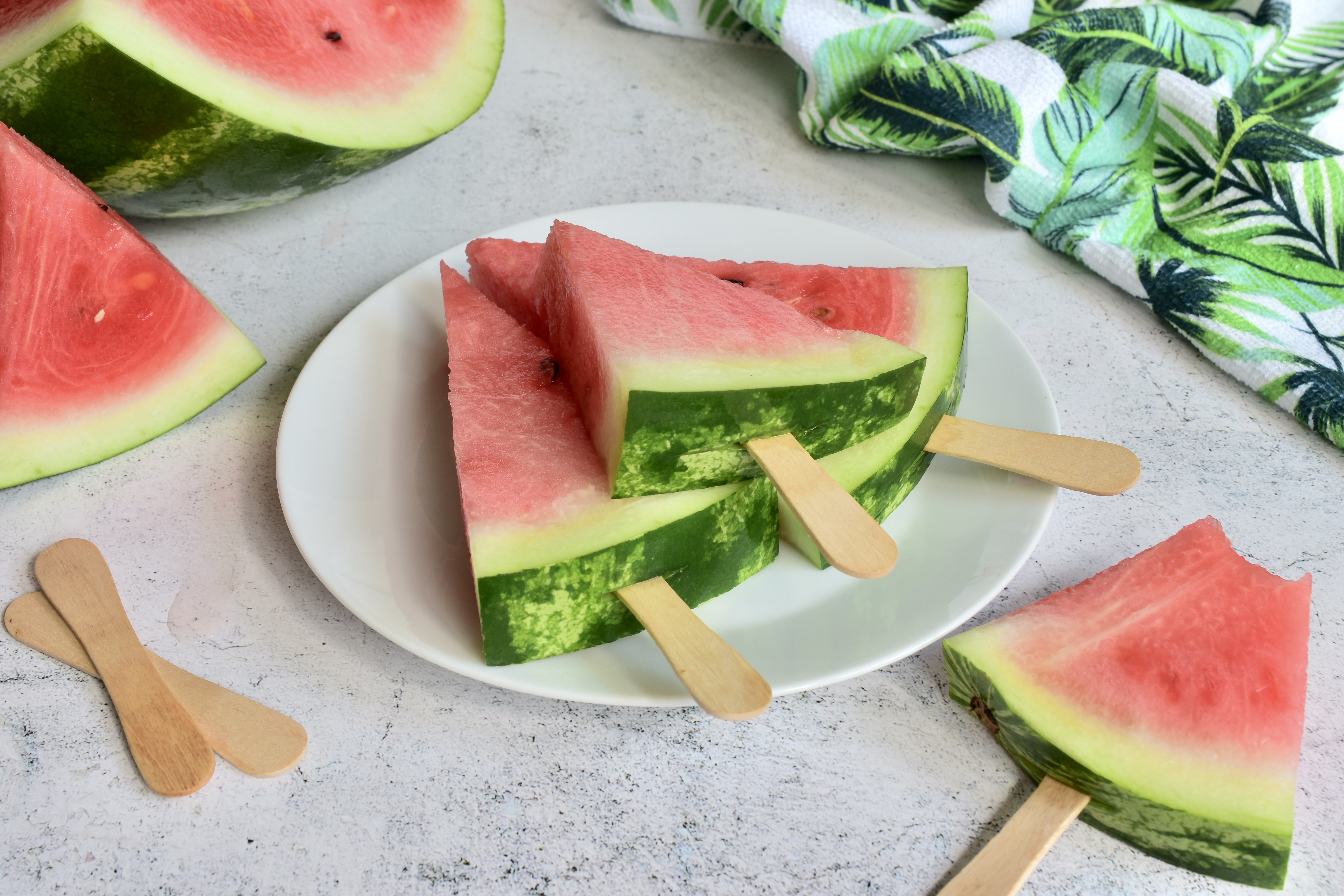
Antioxidants are compounds that protect the body from oxidative stress and inflammation. They are found in a variety of foods, including fruits, vegetables, nuts, and seeds. Antioxidants support gut health by reducing inflammation and promoting the integrity of the gut lining. They also encourage the growth of beneficial bacteria, contributing to a balanced microbiome. A diet rich in antioxidants can alleviate symptoms of digestive disorders and support overall gut function. By incorporating a variety of colorful, antioxidant-rich foods into your diet, you can enhance gut health and protect against chronic diseases.
15. Personalized Nutrition: Tailoring Gut Health Strategies

Personalized nutrition recognizes that each individual's gut microbiome is unique, influenced by genetics, lifestyle, and dietary habits. Tailoring gut health strategies to your specific needs can optimize results and promote a flourishing microbiome. This approach involves identifying food sensitivities, understanding your genetic predispositions, and considering lifestyle factors that impact gut health. Working with a healthcare professional or nutritionist can help you develop a personalized plan that supports your gut health goals. By adopting a personalized approach, you can address specific gut health issues and enhance overall well-being.
16. Polyphenol-Rich Foods: Microbiome Micronutrients

Polyphenols are powerful plant compounds found in foods like berries, dark chocolate, olives, green tea, and red grapes. While known for their antioxidant properties, polyphenols also act as prebiotics, fueling beneficial gut bacteria. Interestingly, many polyphenols are poorly absorbed in the small intestine, allowing them to reach the colon and feed your microbiome directly. This fermentation process promotes the growth of good bacteria while inhibiting harmful strains. Including a variety of polyphenol-rich foods in your diet adds depth to your gut-supporting efforts—plus, they’re delicious and vibrant on your plate.
17. Bone Broth: Collagen for the Gut Lining
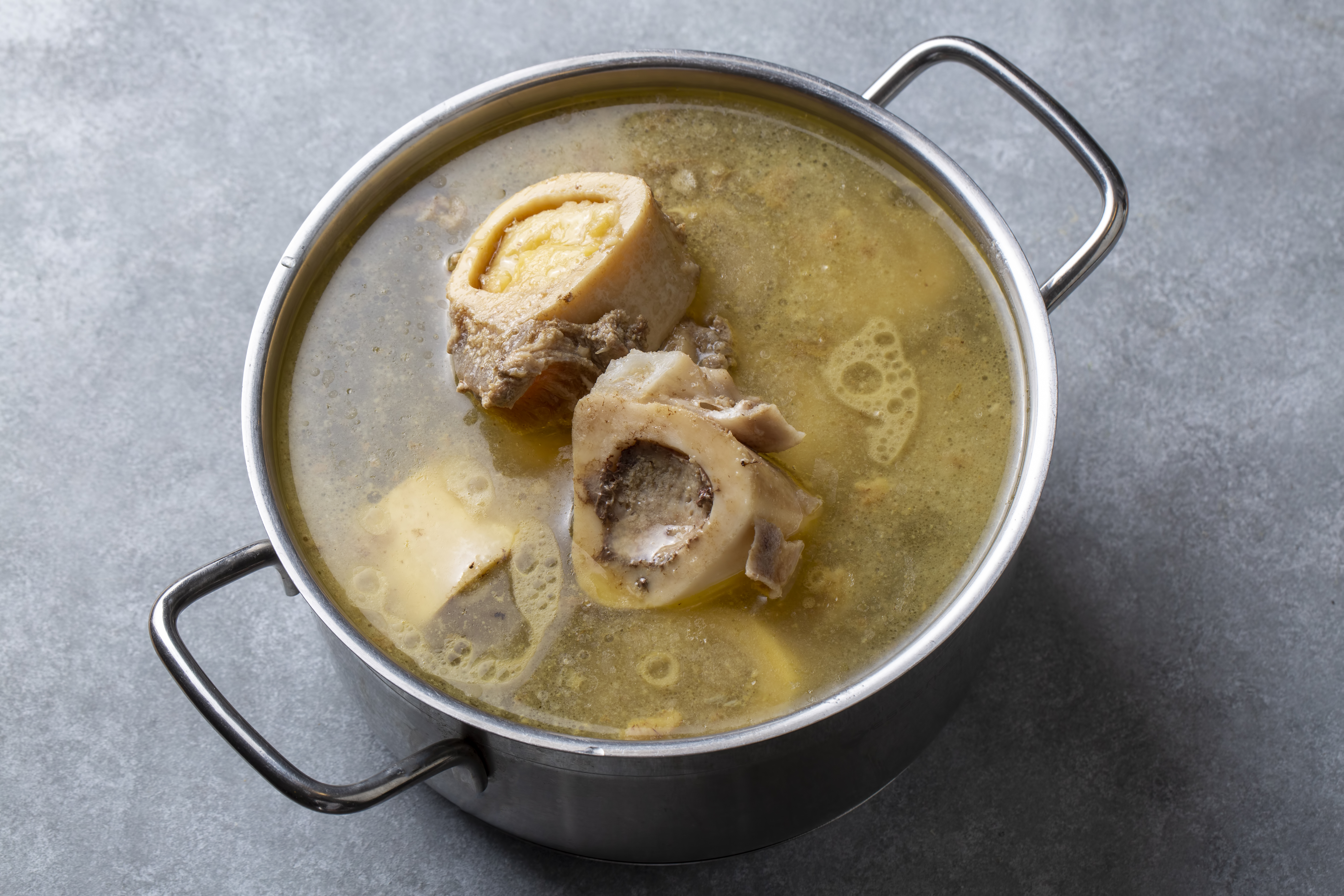
Bone broth isn’t just trendy—it’s gut-healing gold. Rich in collagen, gelatin, and amino acids like glutamine, bone broth helps restore and maintain the integrity of the gut lining. This is especially important for those suffering from “leaky gut,” where small gaps in the intestinal walls allow toxins and undigested food to enter the bloodstream. Drinking a cup of homemade or high-quality store-bought bone broth a few times a week can soothe inflammation, support digestion, and act as a gentle internal repair kit for your gut.
18. Intermittent Fasting: Giving Your Gut a Rest

Your gut needs time to rest and reset, and intermittent fasting can give it that opportunity. Fasting windows (like 16:8 or 14:10) allow the digestive system to clear residual waste, balance blood sugar, and even promote beneficial microbial shifts. Studies show that intermittent fasting may increase microbial diversity and reduce inflammation in the gut. It also supports the body’s natural autophagy process—cellular cleanup that contributes to better gut lining health. Always consult a healthcare provider before starting a fasting routine, especially if you have a medical condition.
19. Resistant Starch: Feeding Good Bacteria Where It Counts
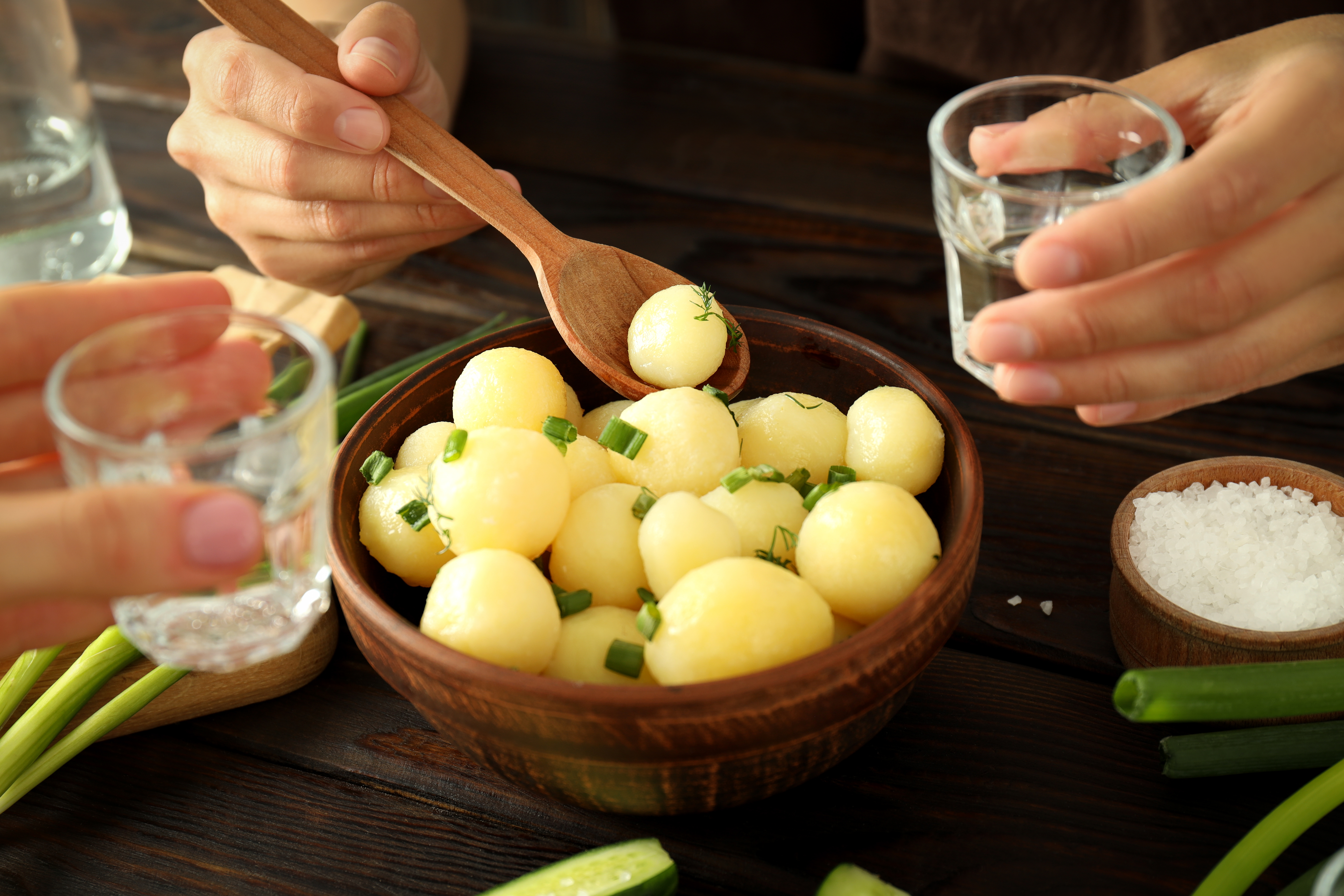
Unlike regular starch, resistant starch resists digestion in the small intestine and ferments in the large intestine—right where your gut bacteria live. This fermentation process produces short-chain fatty acids like butyrate, which nourish colon cells and reduce inflammation. Sources include cooled cooked potatoes, green bananas, lentils, and rice. Try adding resistant starch-rich ingredients into salads or bowls for a prebiotic punch that quietly supports gut healing from deep within.
20. Gardening and Dirt Exposure: Nature’s Probiotic Playground
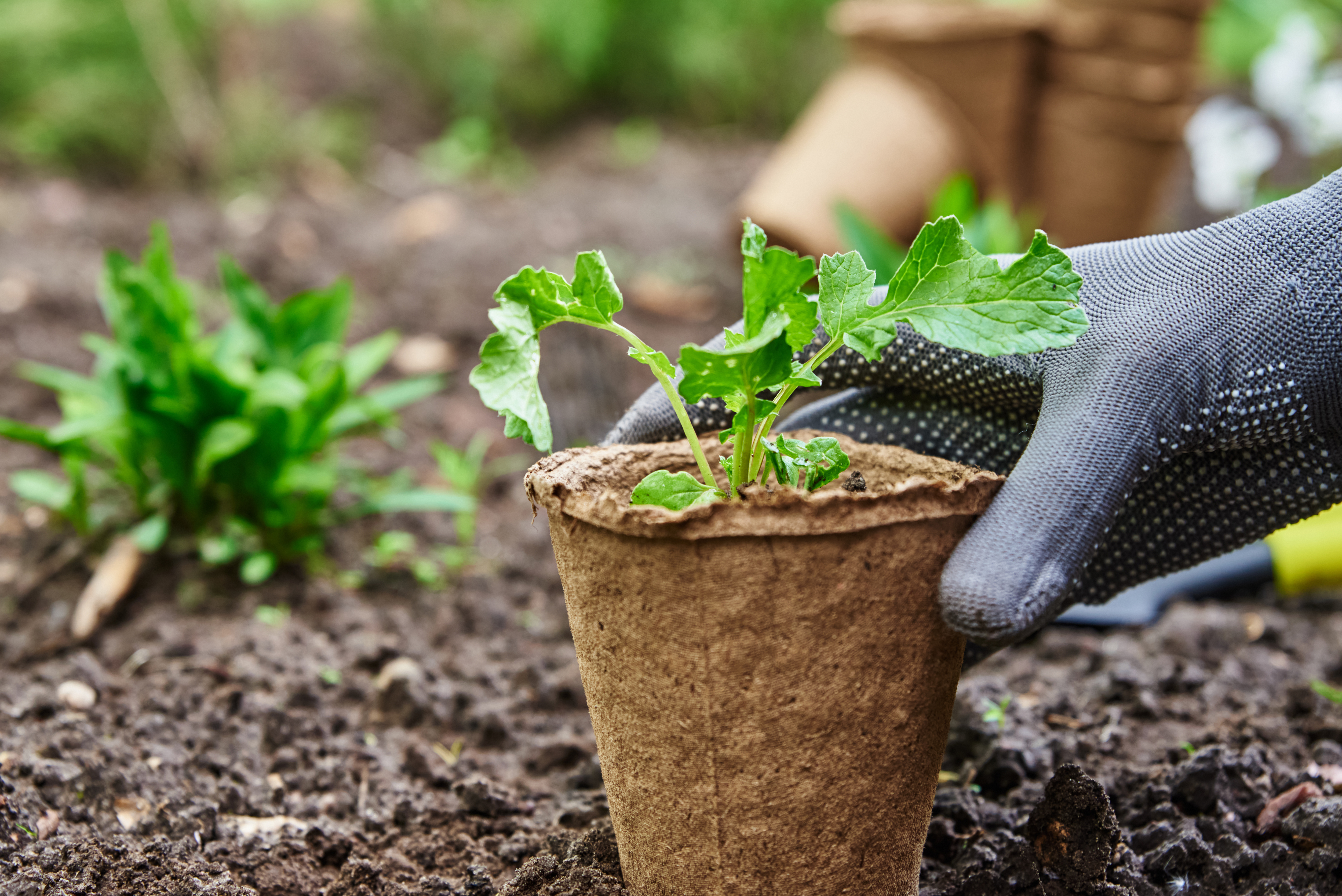
Believe it or not, getting your hands dirty in the garden might actually help your gut. Soil contains beneficial microbes like Mycobacterium vaccae that can boost immune function and increase microbial diversity in your body. Regular interaction with soil—gardening, hiking, or even forest bathing—can reintroduce natural bacteria your ancestors were constantly exposed to. In our overly sanitized world, gentle rewilding through dirt exposure may be the simplest way to support gut diversity without swallowing a supplement.
21. Ayurvedic Triphala: Ancient Wisdom for Modern Guts
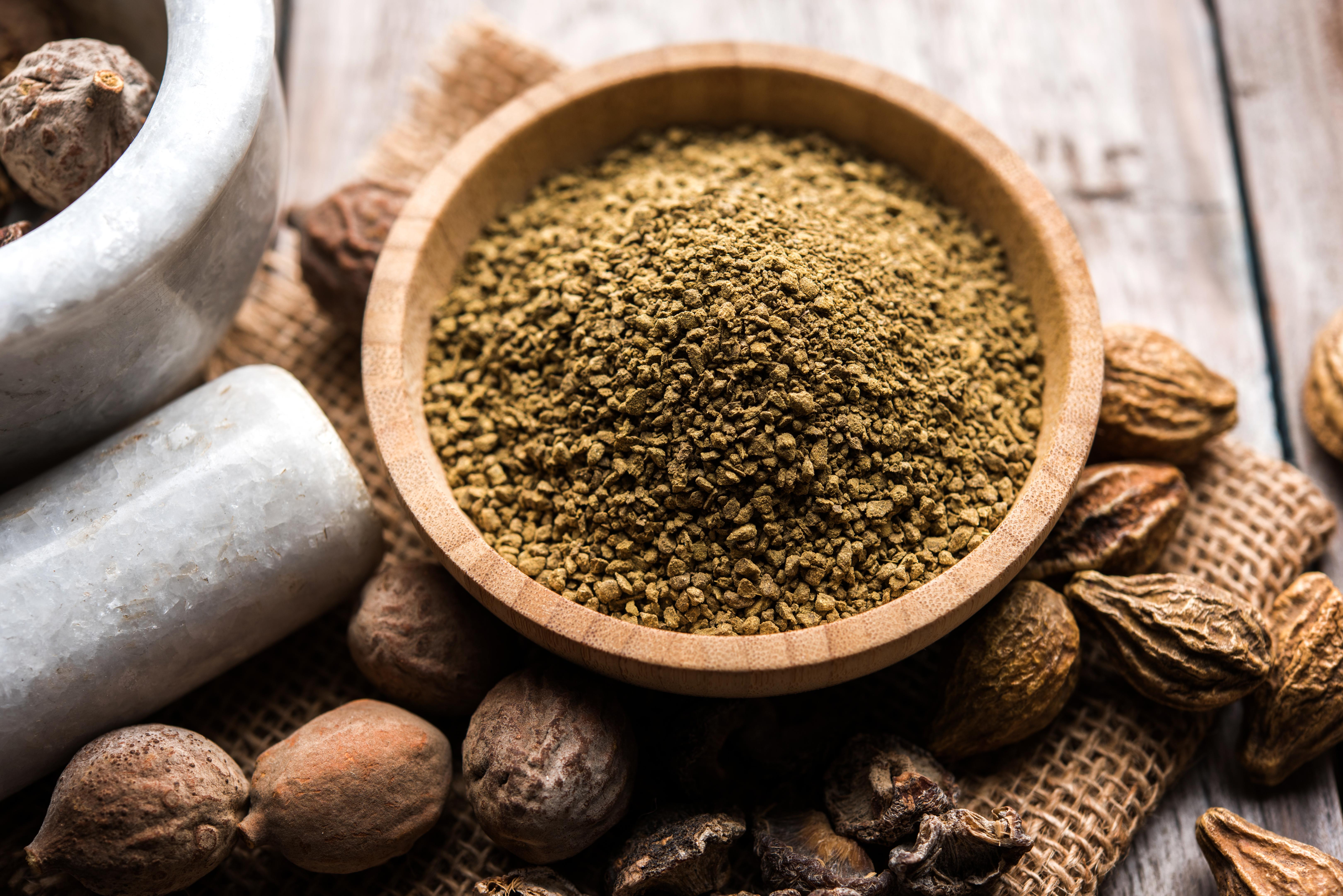
Triphala, a traditional Ayurvedic herbal blend of three fruits (amalaki, bibhitaki, and haritaki), has been used for centuries to support digestion and bowel health. Known for its gentle detoxifying properties, Triphala can regulate bowel movements, reduce bloating, and support microbial balance. It’s also believed to promote the repair of the gut lining. Available as a tea, capsule, or powder, Triphala is a natural addition to your nighttime routine that supports digestive health holistically.
22. Apple Cider Vinegar: A Prebiotic Tonic
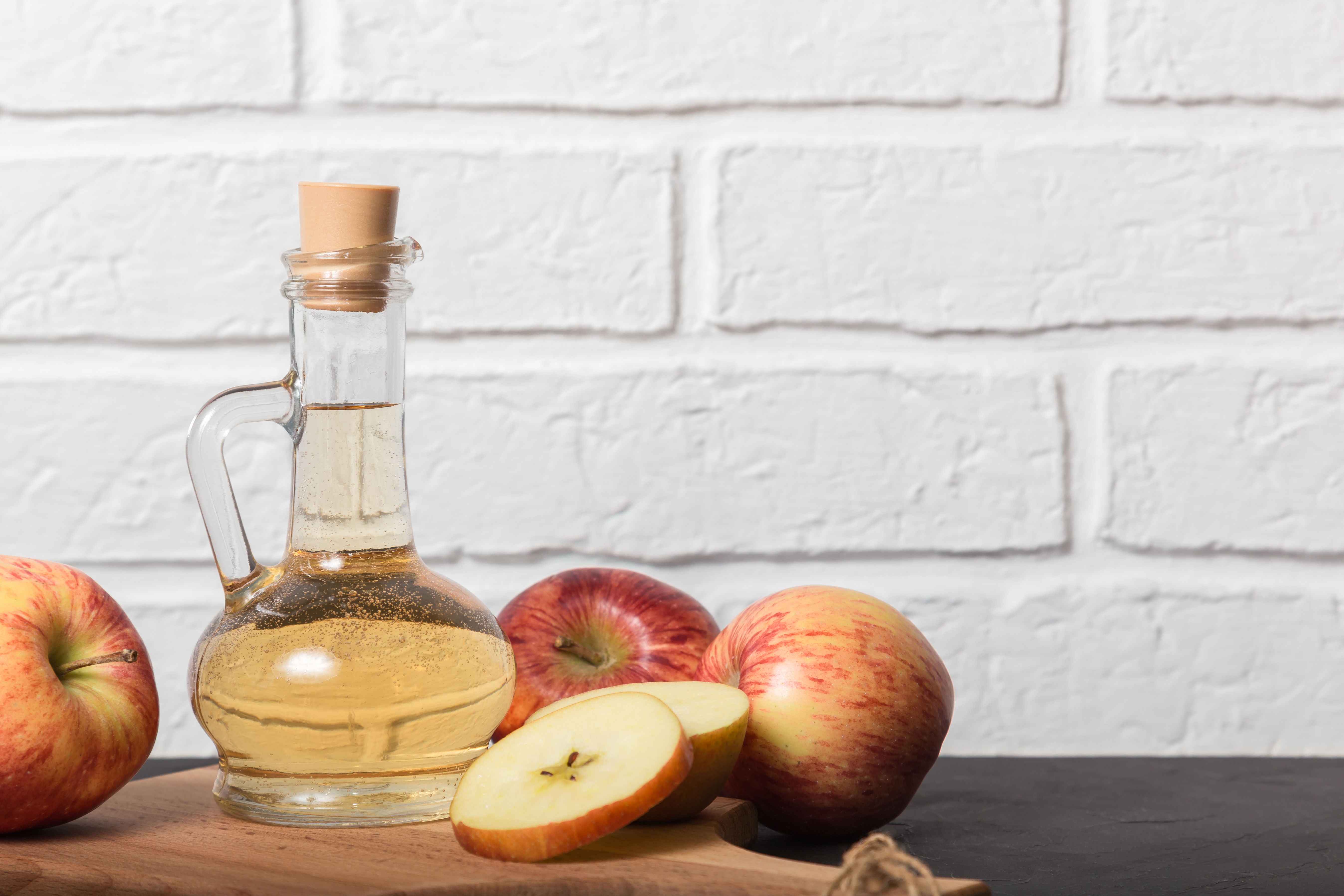
Raw, unfiltered apple cider vinegar (ACV) contains beneficial bacteria and prebiotic pectin that can enhance digestion and balance the gut microbiome. A tablespoon of ACV diluted in water before meals may help stimulate stomach acid, improve nutrient absorption, and even reduce bloating. While not a cure-all, it’s a simple and effective addition to your daily routine that encourages gut-friendly conditions—especially when paired with whole, unprocessed meals.
23. Tongue Scraping: Oral Health = Gut Health

It may sound surprising, but your mouth is the first stop of your digestive tract—and your oral microbiome plays a crucial role in setting the stage for gut health. Daily tongue scraping helps remove bacteria and toxins that could otherwise travel down and disrupt your gut microbiome. This ancient Ayurvedic practice supports both oral hygiene and digestive balance, particularly when combined with brushing and a clean diet. Think of it as a daily detox for your gut’s front door.
24. Breathwork and Vagus Nerve Stimulation: Reset from Within

Deep, controlled breathing isn’t just relaxing—it directly affects gut function via the vagus nerve, which controls parasympathetic (“rest and digest”) activity. Stimulating the vagus nerve through breathwork, chanting, or even cold exposure can promote digestive enzyme release, calm inflammation, and support microbiome balance. Daily breathwork practices like box breathing (inhale-hold-exhale-hold, 4 seconds each) or alternate nostril breathing are simple, equipment-free tools to regulate your gut-brain axis and reduce stress-driven digestive disruption.
25. Bitter Greens: Digestive Primers
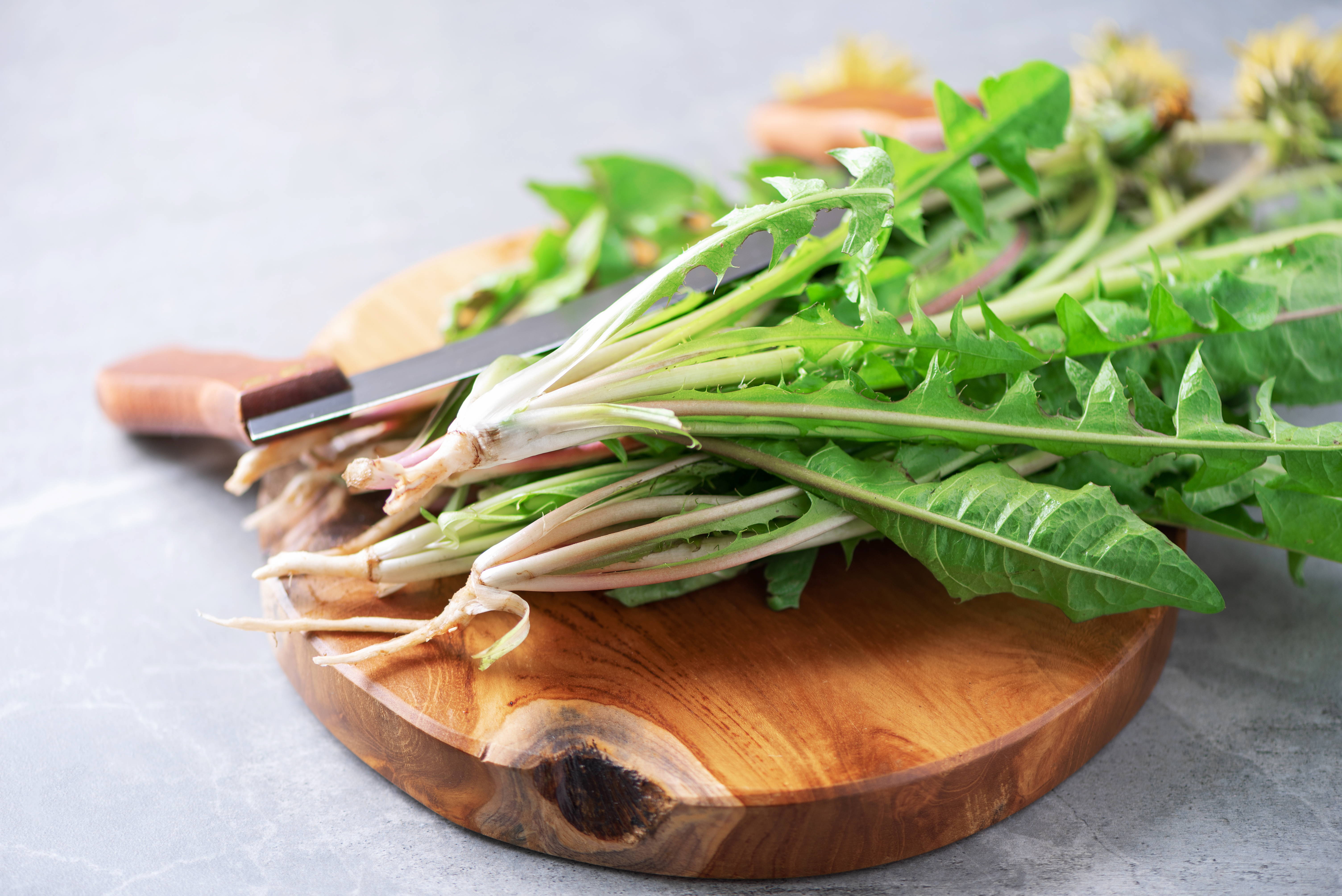
Bitter greens like dandelion, arugula, endive, and radicchio have been used for centuries to “prime” the digestive system before eating. The bitter taste stimulates saliva, bile, and stomach acid production, all of which aid digestion and nutrient breakdown. They also contain fiber and antioxidants that support microbial balance. Try starting your meals with a small salad of bitter greens dressed in olive oil and lemon. Not only will it awaken your digestion, but it’s also a flavorful, gut-loving ritual that adds depth to your meals.
Embracing a Holistic Approach to Gut Wellness
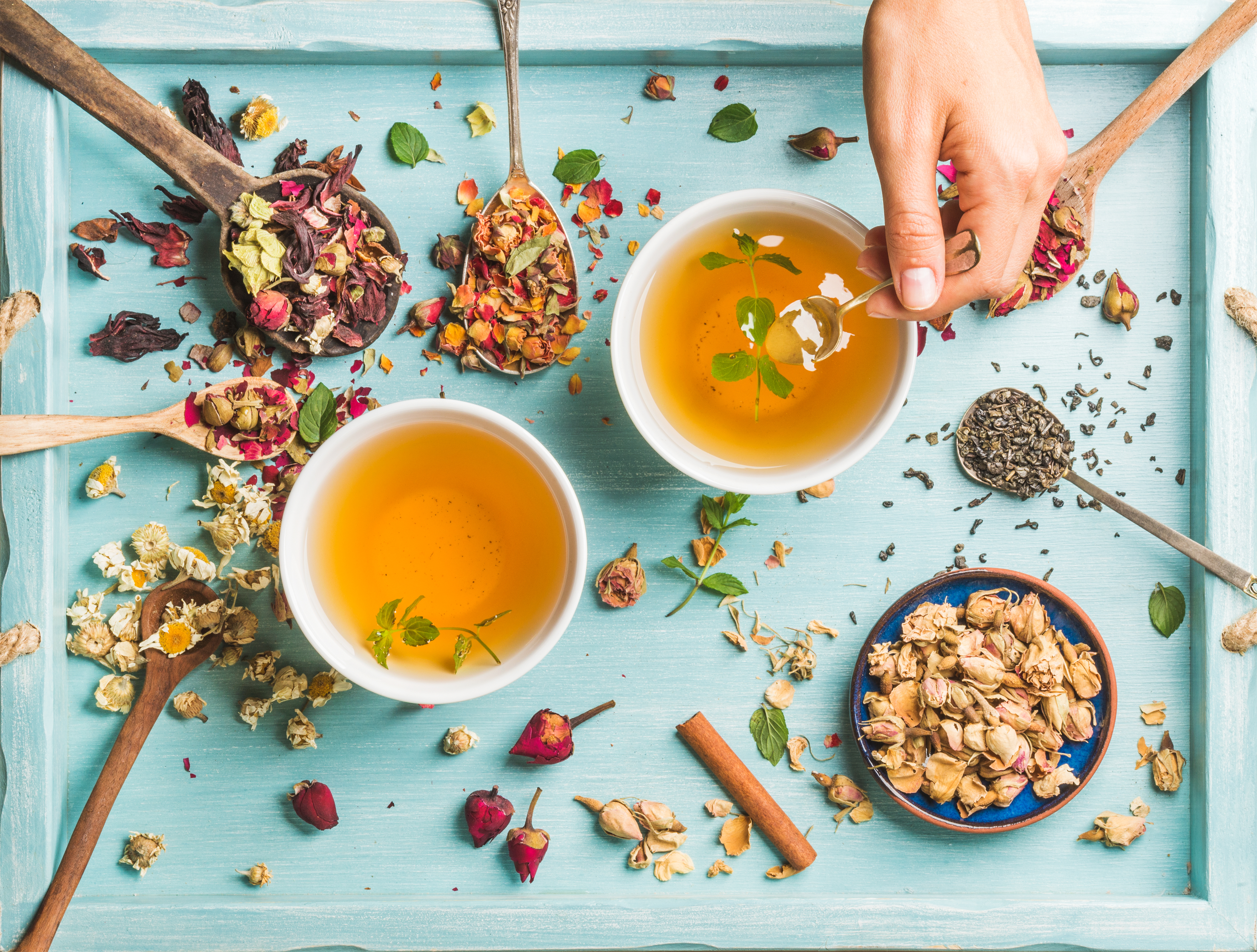
Achieving optimal gut health requires a holistic approach that encompasses diet, lifestyle, and mindfulness. By incorporating probiotics, prebiotics, fiber, and fermented foods into your diet, you can support a thriving microbiome. Managing stress, prioritizing sleep, and engaging in regular physical activity further enhance gut health. Limiting sugar and processed foods, embracing mindful eating, and considering personalized nutrition strategies can optimize digestive function and overall well-being. Understanding the interconnectedness of the gut-brain axis underscores the importance of nurturing both physical and mental health. By embracing these simple home remedies, you can boost your gut wellness and enjoy the myriad benefits of a flourishing microbiome.